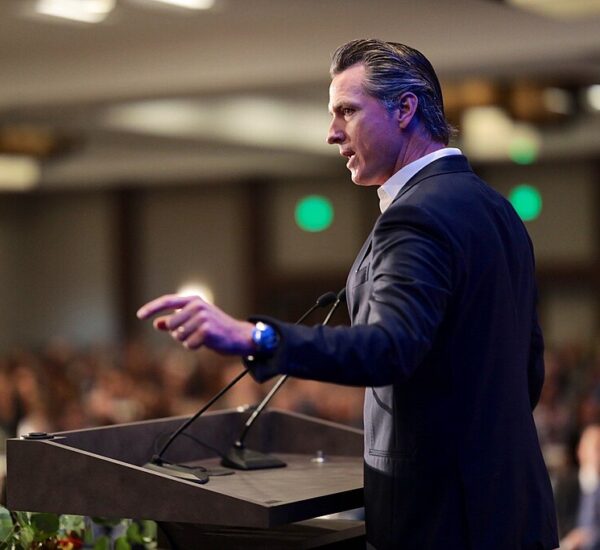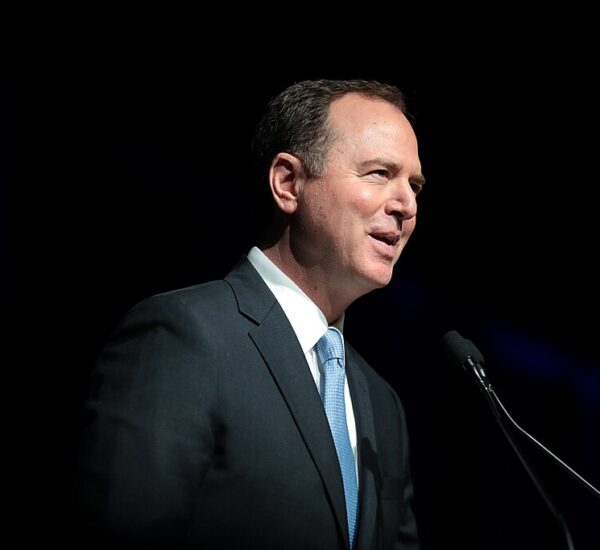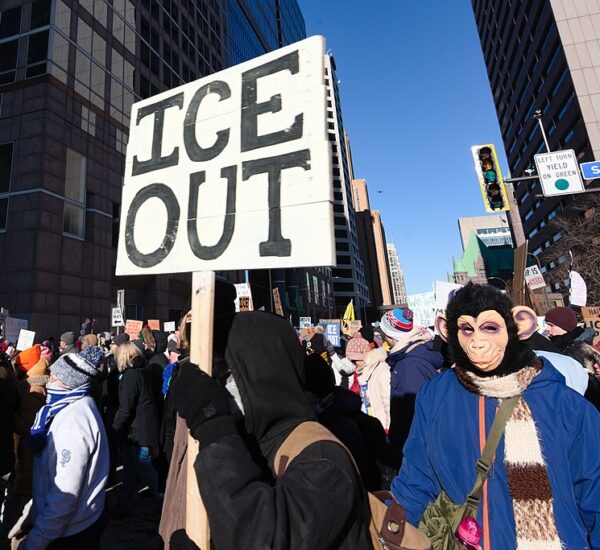Supreme Court Flips On Republican
The Biden administration scored a significant win in an immigration case as the Supreme Court ruled that Republican-led states lack standing to challenge a policy that narrows federal immigration enforcement. In a majority 8-1 decision in U.S. v Texas, the justices concluded that the GOP states did not have the right to challenge the revised priorities for arrests and deportations of illegal immigrants set by Immigration and Customs Enforcement (ICE).
Justice Brett Kavanaugh, who authored the opinion, described the lawsuit brought by the states as exceptionally unusual. The states were seeking a court order to compel the Executive Branch to change its arrest policies and increase the number of arrests. Kavanaugh emphasized that federal courts historically have not entertained such lawsuits, and the states failed to provide any precedent for their case. Justice Samuel Alito dissented, expressing a different viewpoint.
The case centered on the issuance of new enforcement guidelines by the Department of Homeland Security (DHS). Initially, the department attempted to implement a 30-day moratorium on all ICE deportations but later released guidance that limited ICE agents to targeting three categories of illegal immigrants for arrest and deportation: recent border crossers, individuals posing threats to public safety, and national security risks.
DHS Secretary Alejandro Mayorkas stated in a memo that being a removable noncitizen alone should not serve as the sole basis for enforcement action. He emphasized the use of discretion and a more targeted approach to enforcement to uphold justice and safeguard the well-being of the nation.
While the department argued that the new guidelines were the most efficient utilization of limited resources to protect Americans, critics viewed them as part of a broader rollback of enforcement and border security. Following the implementation of the guidelines, there was a sharp decline in ICE deportations. Between October 2020 and October 2021, ICE arrested 74,082 noncitizens, with only 47,755 arrests occurring after the new priorities were implemented in February. Of the 59,011 deportations, only 28,677 took place after February.
Texas and Louisiana challenged the legality of the guidelines, contending that the policy violated the Administrative Procedure Act and that they had standing because their states would incur increased law enforcement costs and experience significant impacts on social services due to the rise in illegal immigration. Initially, a district court ruled in favor of the states and blocked the policy’s implementation.
However, the Supreme Court disagreed, stating that the states lacked standing to maintain the suit under Article III. The court clarified that while monetary costs could be considered an injury, standing required the injury to be legally and judicially cognizable. The court did not rule out the possibility of states having standing in cases involving alleged failures to make more arrests or prosecutions, but stated it did not apply in this particular case.
Justices Neil Gorsuch, Amy Coney Barrett, and Clarence Thomas concurred in the judgment but attributed the lack of standing to the problem of redressability. They argued that federal courts lack the authority to redress the injuries claimed by the states.
In his dissent, Justice Alito accused the majority of disregarding a significant precedent that directly pertains to the standing issue. He criticized the court for not applying the established standing test, ignoring factual findings made by the district court, and asserting that the President’s power to disobey a law is limited solely by Congress’s authority to employ inter-branch warfare tactics.
This case is one of several immigration challenges faced by the Supreme Court, including recent disputes concerning the termination of the Title 42 public health order. It is likely that the court will eventually hear a challenge to the “Parole with Conditions” policy, which allowed the release of migrants without court dates due to overcrowding and was implemented as Title 42 ended in May. A federal judge blocked the policy just days after its implementation.






